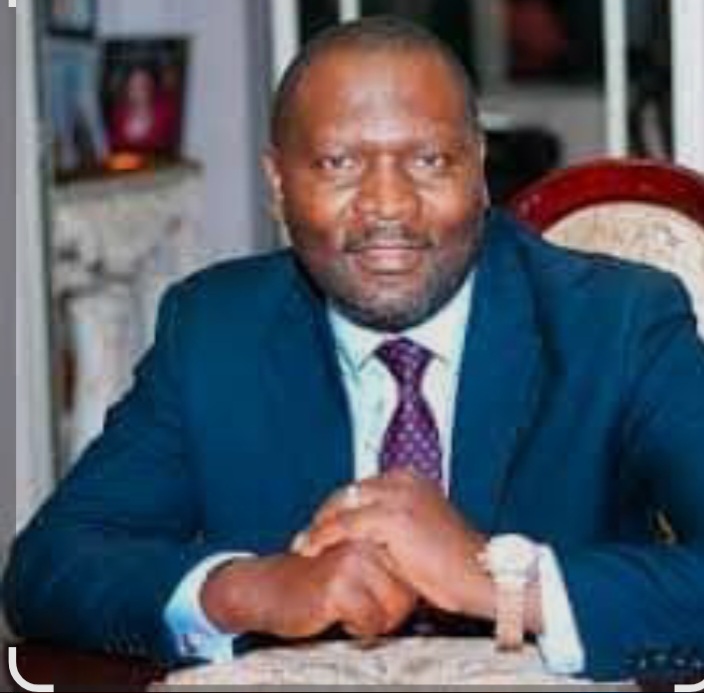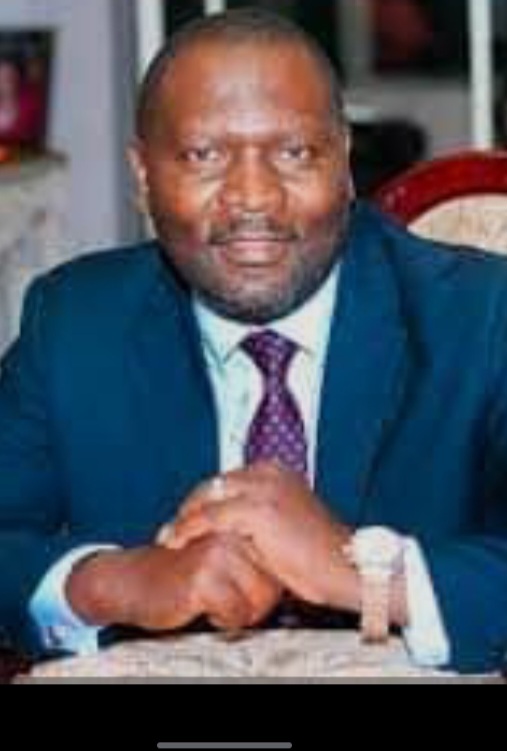Weekly Dialogue: *Can Zambia Achieve Genuine Dialogue 584 before the 2026 Elections?*
Notice: Undefined index: catFilterList in /home/zambi/public_html/wp-content/plugins/wp-likes/api.php on line 243

Dr. Lawrence Mwelwa
By Dr. Lawrence Mwelwa
In the heart of Africa, where the Zambezi River flows with both calm and might, Zambia’s history tells a tale of resilience and unity amidst its trials. The nation’s political dialogue, often steered by its moral compass—the Church—has been a guiding light in turbulent times. In the early 1990s, when Zambia transitioned from a one-party state to a multiparty democracy, it was the Church that convened and mediated dialogue, fostering a spirit of compromise and mutual understanding. As the proverb says, “When the roots are deep, there is no reason to fear the wind.” That era showcased Zambia’s capacity to come together for the greater good, setting a precedent for reconciliation and progress.
Yet, as the sands of time shift, the unity that once held seems strained. With 584 days remaining until the 2026 general elections, the question looms: can Zambia once again achieve genuine national dialogue and avert the path of confrontation that threatens to engulf its democratic ethos? The signs are foreboding. Tensions ripple through the nation like an undercurrent beneath still waters. Finger-pointing has become the norm, tribal rhetoric has fanned embers of division, and distrust in key institutions—the judiciary and the electoral commission—undermines confidence in the democratic process.
“A house cannot stand if its walls fight among themselves,” an old African saying reminds us. This sentiment encapsulates Zambia’s current predicament. The political landscape is fragmented, with opposition parties accusing those in power of wielding state machinery to suppress dissent. Meanwhile, the citizenry’s cries over the high cost of living, soaring interest rates, and economic stagnation echo across the land. The growing frustration risks boiling over into violence unless a deliberate effort is made to bridge divides.
To understand the possibility of national dialogue, one must grasp its essence: dialogue is not merely an exchange of words but a meeting of hearts and minds. It requires humility, the willingness to listen, and the courage to confront uncomfortable truths. Zambia has seen this before—during the 1991 multiparty transition, the 2015 electoral disputes, and other crises. Each time, dialogue was the balm that soothed wounds and forged paths forward. The challenge now lies in rekindling that spirit of collective responsibility in a polarized environment.
As we stand on the precipice of uncertainty, wisdom calls for leadership that rises above partisan interests. Leaders must remember the saying, “The child who is not embraced by the village will burn it down to feel its warmth.” The youth, disillusioned and restless, represent both the promise and peril of Zambia’s future. Addressing their grievances with sincerity and action is crucial to forestalling the descent into chaos.
The road to dialogue is steep but not insurmountable. It begins with small but deliberate steps: fostering inclusive platforms where all voices—ruling party, opposition, civil society, and ordinary citizens—are heard. The Church, traditional leaders, and respected elders can play pivotal roles as impartial conveners, as they have in the past. Trust must be rebuilt, brick by brick, starting with transparent reforms in key institutions to restore confidence.
To avoid violence during and after the elections, Zambia must remember its foundational values of ubuntu—“I am because we are.” The nation’s strength lies in its diversity, not its division. Tribalism, that insidious enemy, must be countered with narratives of unity and shared destiny. Political rhetoric that stokes fear and hatred has no place in a nation striving for progress.
As the clock ticks toward the dissolution of parliament in 15 months, the window for meaningful dialogue narrows. Yet, history teaches us that Zambia has the resilience to rise above its challenges. The question is not merely whether Zambia can achieve genuine national dialogue but whether its leaders and citizens will choose to. “Even the best cooking pot will not produce food without the effort of the cook.”
Let this be a moment of reckoning, where Zambia’s people and leaders look inward and recognize that the path to peace and prosperity lies not in confrontation but in unity. The road ahead is fraught with difficulty, but as another African proverb reminds us, “If you want to go fast, go alone. If you want to go far, go together.” Together, Zambia can forge a future where elections are a celebration of democracy, not a trigger for division. Together, Zambia can rise once more as a beacon of hope for the continent. The choice is theirs to make, and the time to act is now.

Dr. Lawrence Mwelwa





















